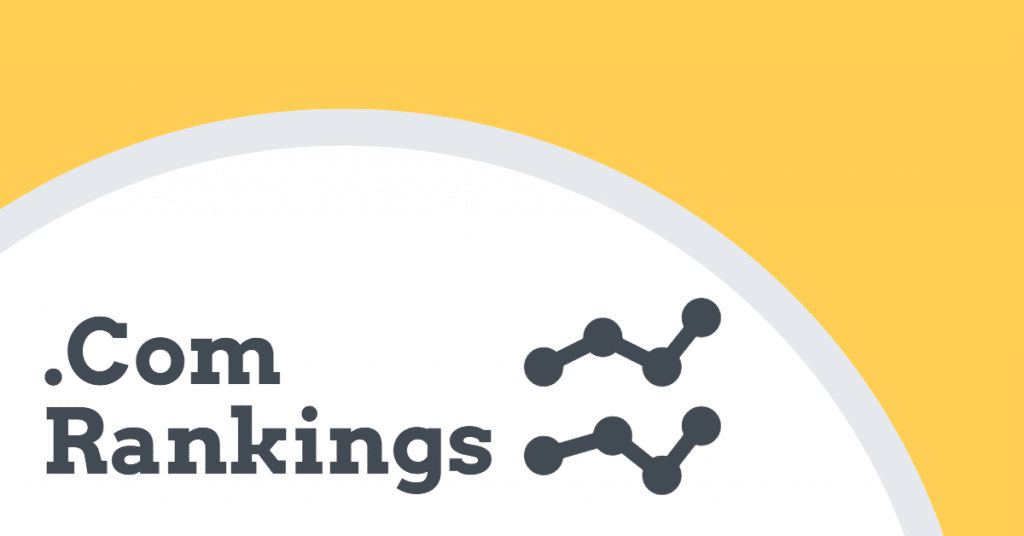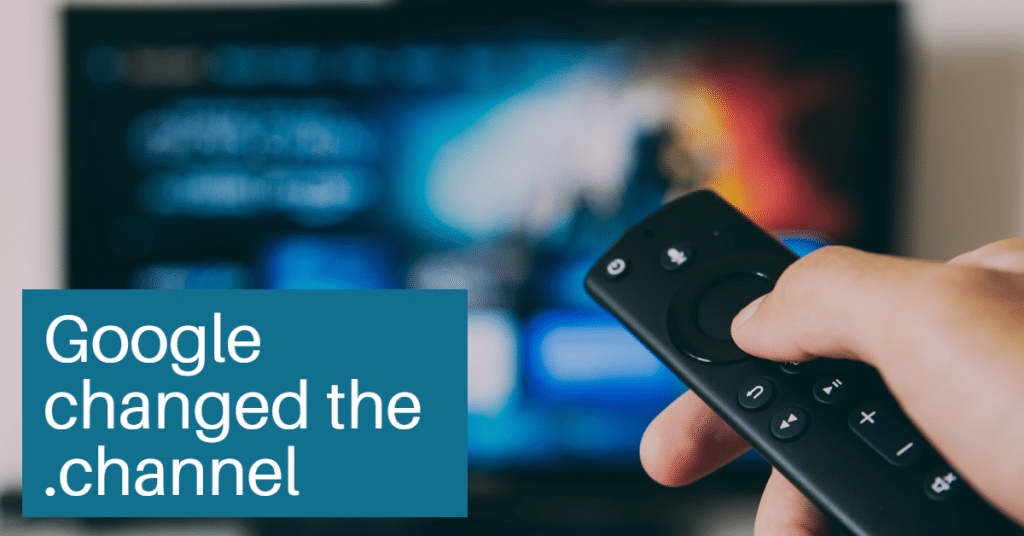Here are the biggest and fastest-growing domain name registrars for .com domains. ICANN has published the latest official data from Verisign (NASDAQ: VRSN) about the .com namespace. This registrar-by-registrar report covers November 2022. Gname ... Continue ReadingLeave a Comment
Latest .com rankings: a slow month
· Domain RegistrarsHere are the biggest and fastest-growing domain name registrars for .com domains. ICANN has published the latest official data from Verisign (NASDAQ: VRSN) about the .com namespace. This registrar-by-registrar report covers September 2022. It ... Continue Reading3 Comments
The latest .com leaderboard
· Domain RegistrarsHere are the biggest and fastest-growing domain name registrars for .com domains. ICANN has published the latest official data from Verisign (NASDAQ: VRSN) about the .com namespace. This registrar-by-registrar report covers August 2022. New ... Continue Reading2 Comments
Here are the latest kings of .com
· Domain RegistrarsThese are the biggest and fastest-growing domain name registrars for .com domains. ICANN has published the latest official data from Verisign (NASDAQ: VRSN) about the .com namespace. This registrar-by-registrar report covers July 2022. New this ... Continue Reading1 Comment
Google adds site names on mobile search
· ServicesSite names are now prominently featured in search results. Google continuously plays around with how it displays search results. Sometimes it messes around with the URL, either truncating it or removing it altogether. Today, it announced that ... Continue Reading2 Comments
Latest .com domain name leaders
· Domain RegistrarsThese are the fastest growing and biggest domain name registrars for .com domains. ICANN has published the latest official data from Verisign (NASDAQ: VRSN) about the .com namespace. This registrar-by-registrar report covers June 2022. June ... Continue Reading1 Comment
Google’s “helpful content” update should help niche websites
· UncategorizedAn update to Google's search results should help sites that truly know their topics and write for a specific audience. Next week, Google is releasing what it calls a "helpful content" update. It seeks to reward good content at the expense of that ... Continue ReadingLeave a Comment
Latest .com rankings: the slowdown has begun
· Domain RegistrarsThese are the fastest growing and biggest domain name registrars for .com domains. ICANN has published the latest official data from Verisign (NASDAQ: VRSN) about the .com namespace. This registrar-by-registrar report covers January ... Continue Reading1 Comment
Google changed the .channel, and it launches this week
· UncategorizedGoogle Registry launches .channel with a different business plan. Google (NASDAQ: GOOGL) launches the .channel top level domain into sunrise tomorrow, May 3, with a different business plan than what it initially envisaged. .Channel was ... Continue ReadingLeave a Comment
New .com rankings: a surprise entry to the top 10
· Domain RegistrarsThese are the fastest growing and biggest domain name registrars for .com domains. ICANN has published the latest official data from Verisign (NASDAQ: VRSN) about the .com namespace. This registrar-by-registrar report covers December 2021. A ... Continue ReadingLeave a Comment












